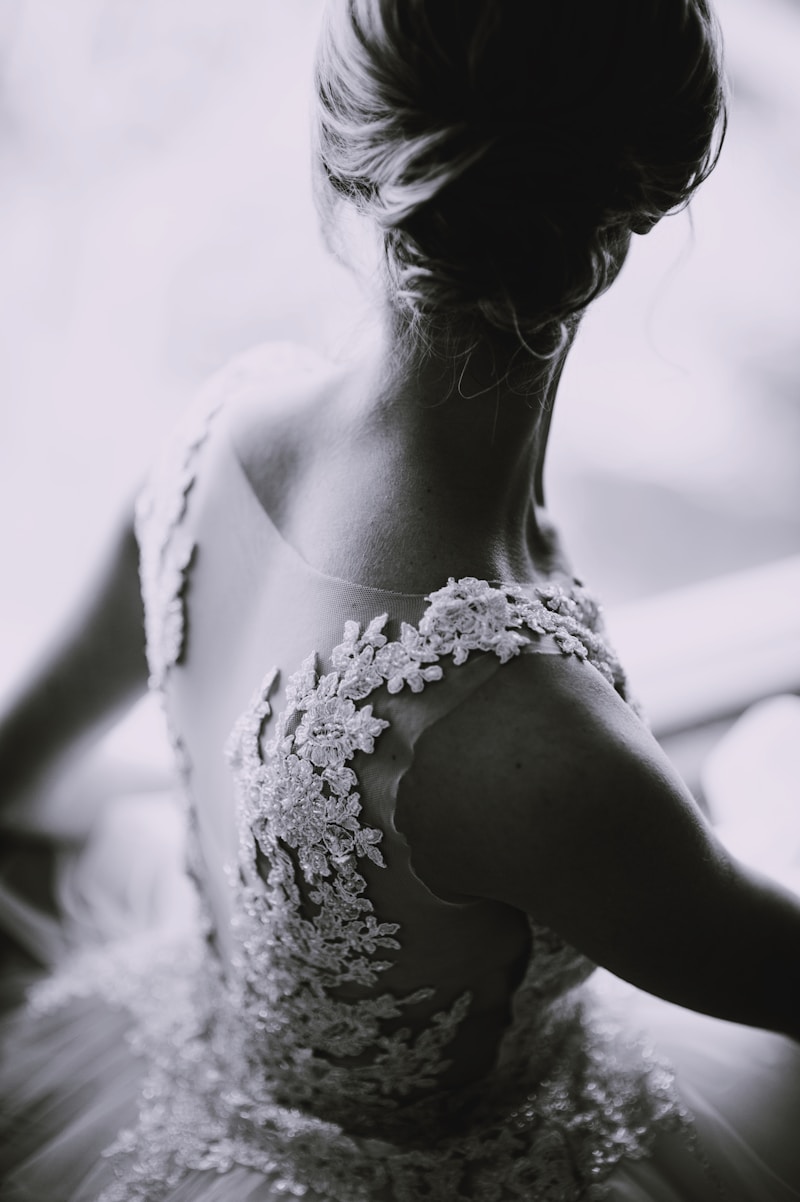Connecting with Ancestral Wedding Practices: A Journey Through Tradition and Love
Introduction to Ancestral Wedding Practices
Wedding ceremonies have long been significant events in various cultures, embodying love, unity, and the continuation of traditions that span generations. With the rise of Modern wedding styles, many are now yearning to reconnect with their roots and explore ancestral wedding practices. This article delves into the rich tapestry of these customs, exploring how they can be integrated into contemporary weddings for a meaningful experience.
The Importance of Ancestral Wedding Practices
Ancestral wedding practices serve to preserve cultural heritage and reinforce family values. These traditions often reflect the values and beliefs of our ancestors, allowing couples to honor their lineage. By embracing these practices, couples can create a more personalized and significant wedding experience that resonates with both their past and future.
Exploring Different Cultures
Across the globe, wedding customs vary greatly. Each culture brings unique elements to the table, creating a captivating array of practices. Let’s explore a few examples:
| Culture | Wedding Practice | Significance |
| Hindu | 7 Pheras (Seven Circles) | Each circle symbolizes a different vow. |
| Chinese | Tea Ceremony | Demonstrates respect and gratitude to family. |
| Jewish | Breaking the Glass | Symbolizes the destruction of the Temples and the fragility of relationships. |
| Native American | Handfasting | A bond that symbolizes the couple's commitment. |
How to Incorporate Ancestral Traditions into Modern weddings
Incorporating ancestral wedding practices into a Modern wedding doesn’t have to be a complicated process. Here are some ways to seamlessly blend these rich traditions into your celebration:
1. Research Your Ancestry
Before deciding on which ancestral traditions to incorporate, it's vital to research your family history. Understanding the customs of your ancestors will allow you to choose practices that resonate with your family values and personal beliefs. Online genealogy resources, family records, and discussions with older relatives can offer valuable insights.
2. Personalize Your Ceremony
Take sacramental elements of ancestral weddings and tailor them to fit your personal narrative. For instance, if your background includes a specific ritual, consider adapting it to reflect your personal relationship. This could involve altering the wording of vows or incorporating modern music into traditional dances.
3. Deciding on a Venue
Your choice of venue can also echo ancestral traditions. Traditional locations such as churches, temples, or natural settings can enhance the authenticity of your ceremony. Furthermore, you can also set the scene with ancestral decorations—think of heirloom table settings, vintage seating, or traditional textiles that capture the essence of your heritage.

Celebrating Ancestral Unity through Food
Food is a crucial component of any wedding ceremony, and it can act as a beautiful bridge connecting the past with the present. Consider including dishes that represent your ancestry in your wedding menu. Food not only tantalizes the taste buds but also evokes the warmth of shared family meals and traditions. This could involve anything from serving a traditional cultural dish to organizing a full-course meal inspired by your heritage.
4. Engaging Family Members
Involve family members in the planning process. Engaging relatives, especially those from older generations, can place special emphasis on the importance of family traditions. This collaborative effort enhances the wedding’s meaning and introduces elements that might have been overlooked.
The Role of Symbolism in Ancestral Weddings
Symbolism plays a vital role in ancestral wedding practices. From the materials chosen for wedding rings to the attire worn by the couple, symbols deepen the connection to ancestral traditions. For instance, using family heirlooms, such as a veil or cufflinks, can symbolize continuity and history. By selecting items rich in personal and familial significance, couples can create layers of meaning in their wedding day.
5. Consider Seasonal Influences
According to many ancestral traditions, certain times of the year hold particular significance. For instance, in many cultures, weddings are traditionally held during harvest time, symbolizing abundance and prosperity. If resources allow, explore scheduling your wedding during a season that aligns with your ancestral customs, adding another cultural layer to your celebration.
Conclusion: Honoring the Past while Embracing the Future
Connecting with ancestral wedding practices not only enriches the wedding experience but also fosters a deeper connection between generations. Couples have the unique opportunity to honor their past while embracing a way forward that offers modern interpretations of ancient traditions. When planning your wedding, consider the practices that resonate with you and your family, and don’t hesitate to infuse your celebration with personal touches that tell your story.
Final Thoughts: The integration of ancestral wedding practices can create a beautiful narrative for your big day. While exploring these traditions, maintain open communication with family members, respect their opinions, and most importantly, enjoy the process of creating a meaningful celebration.